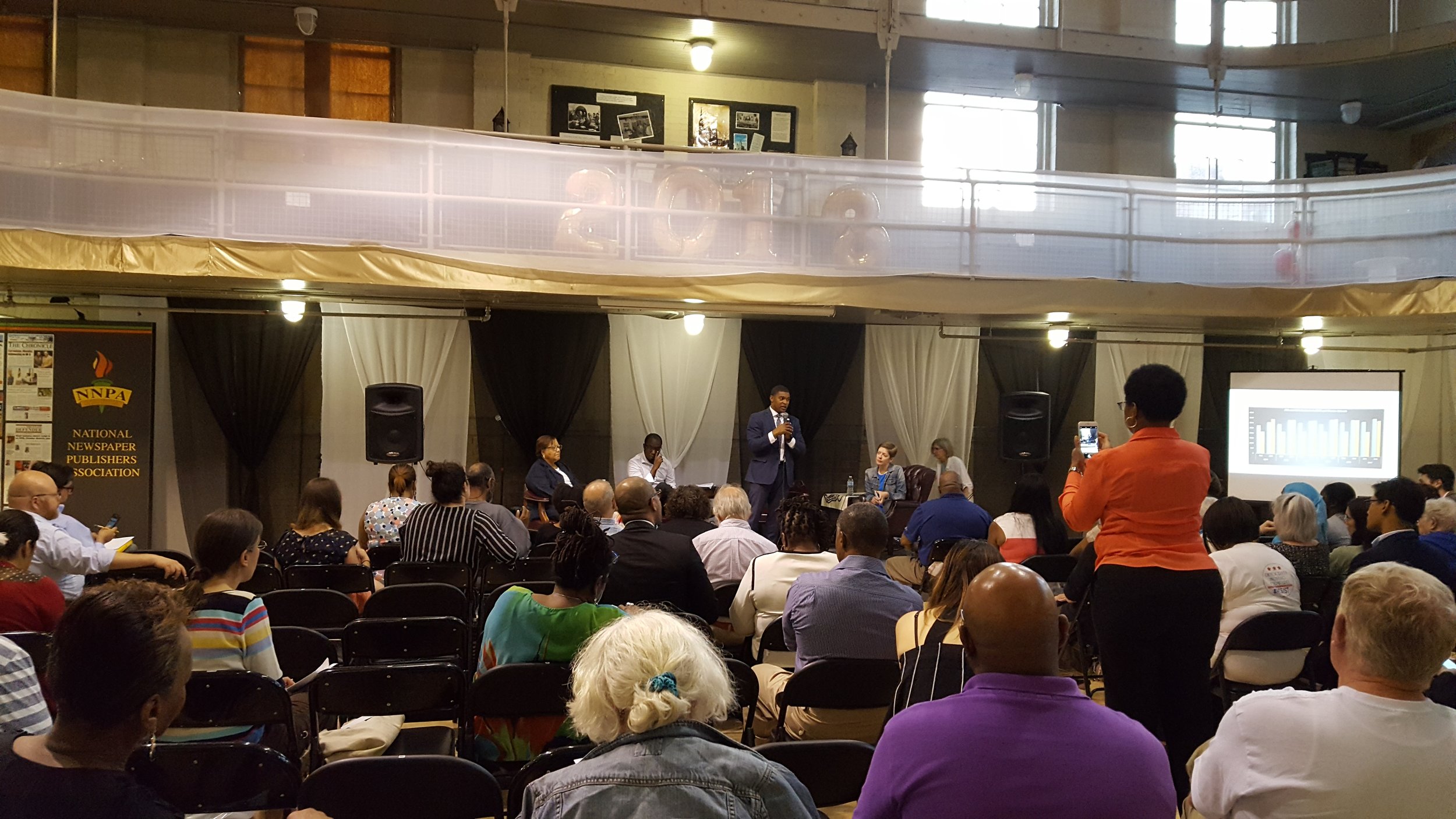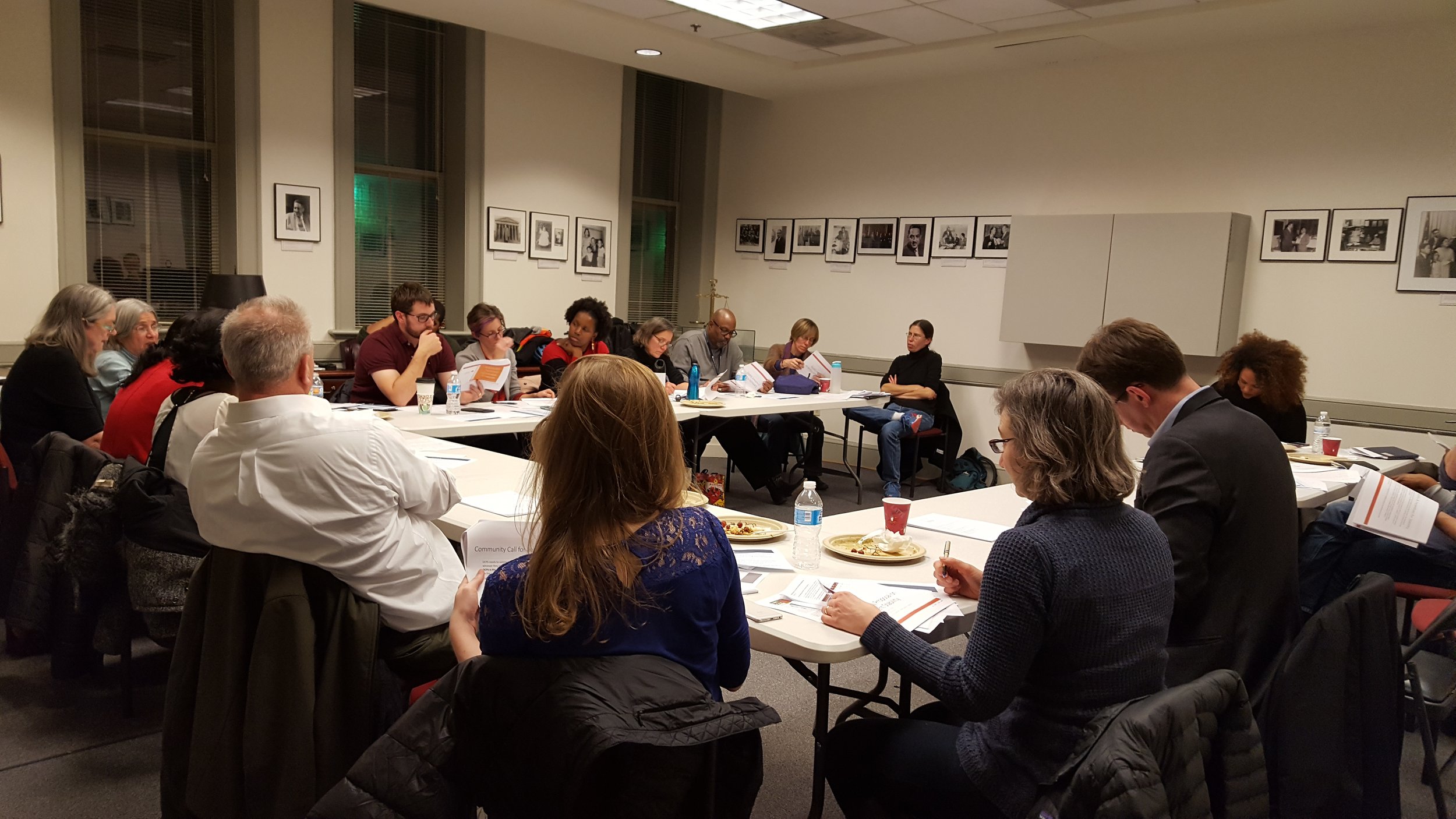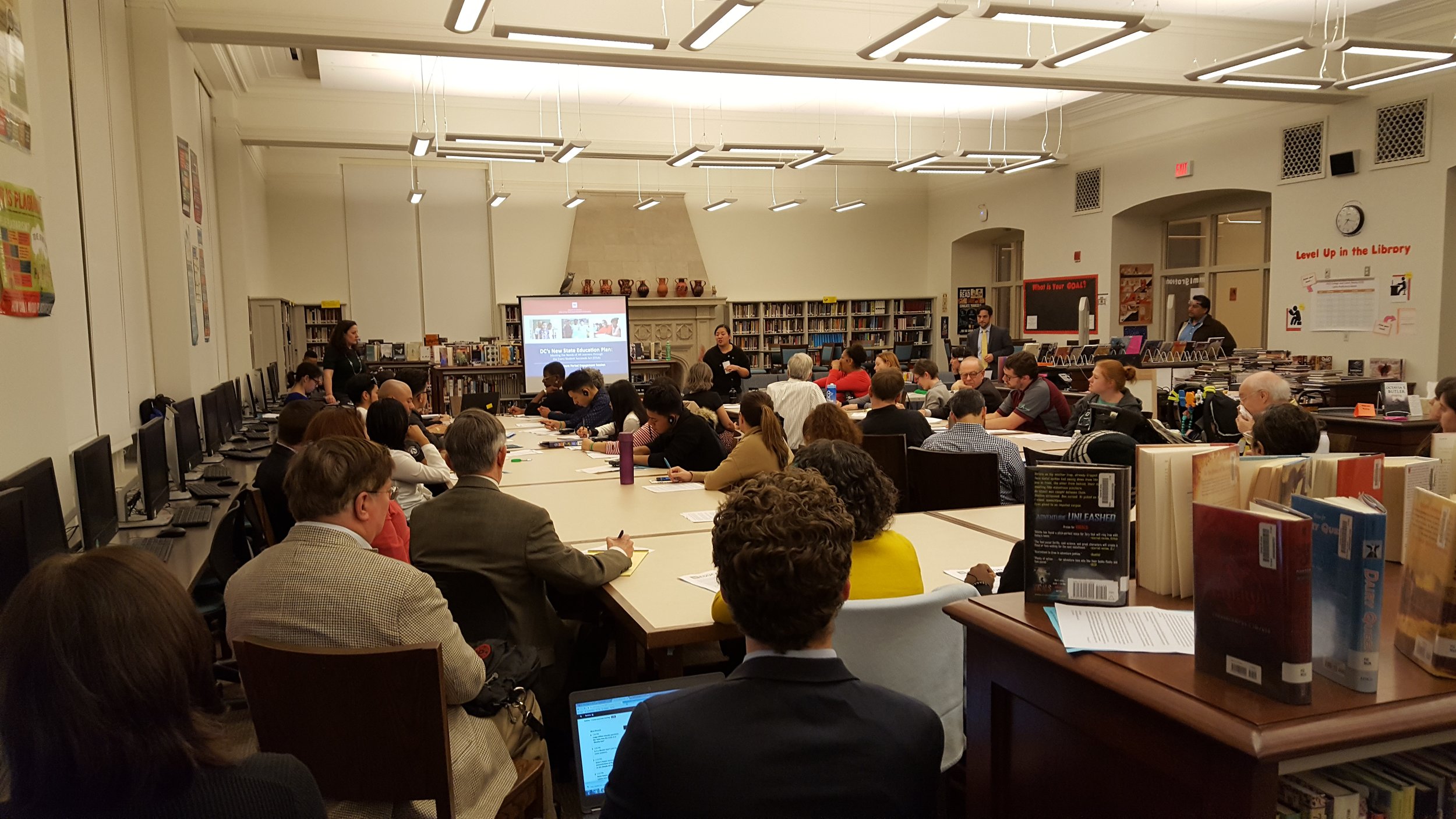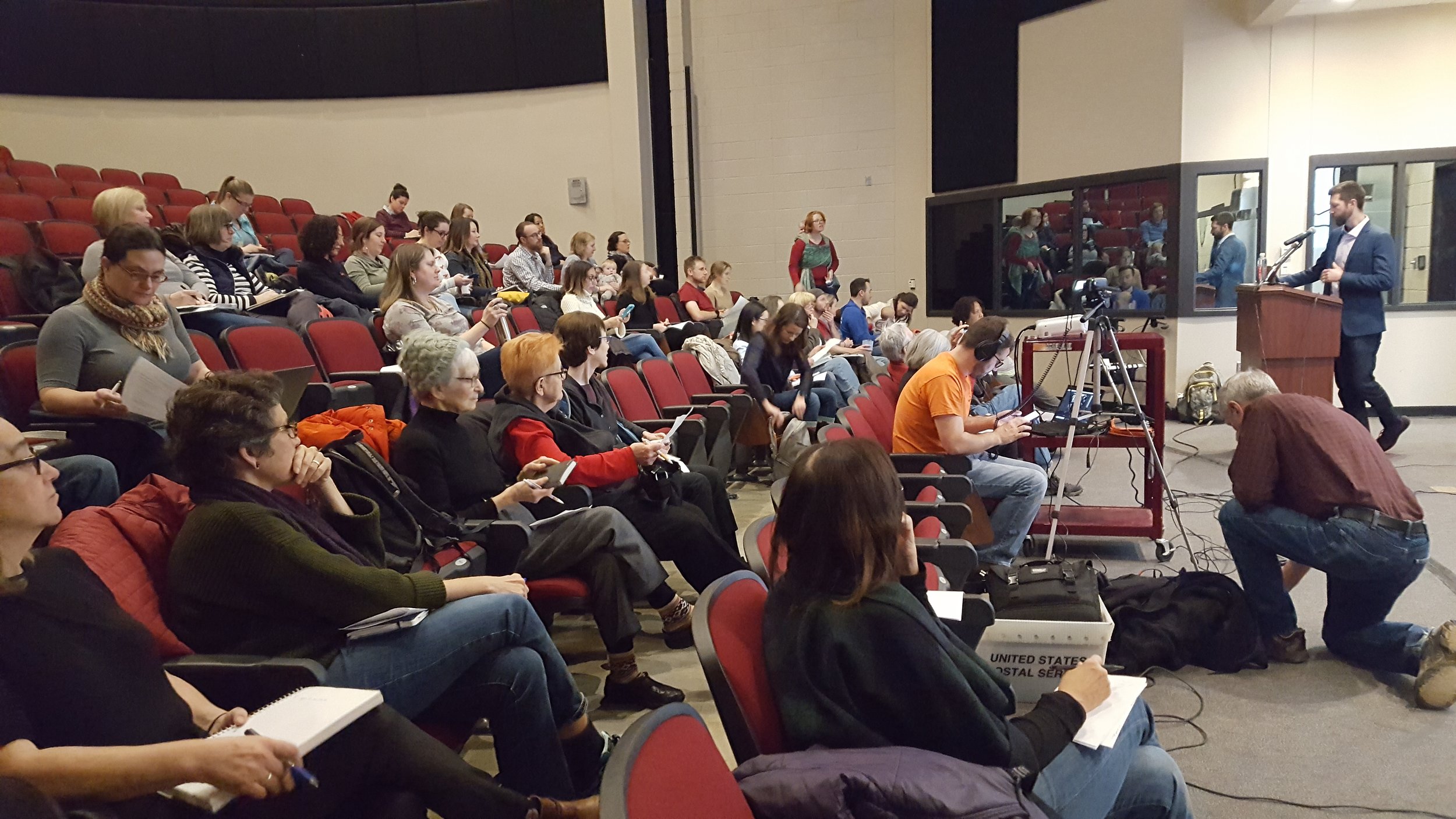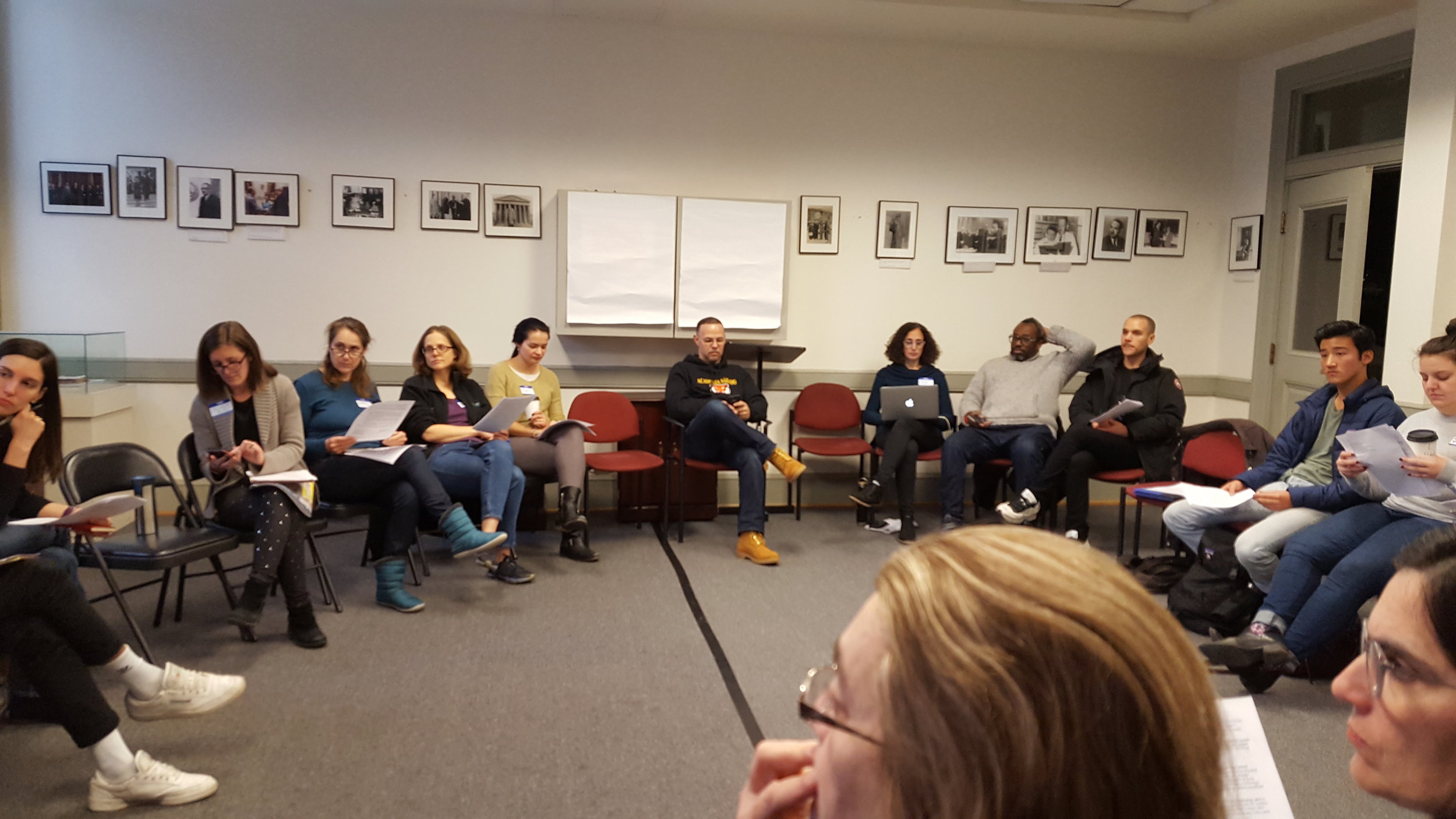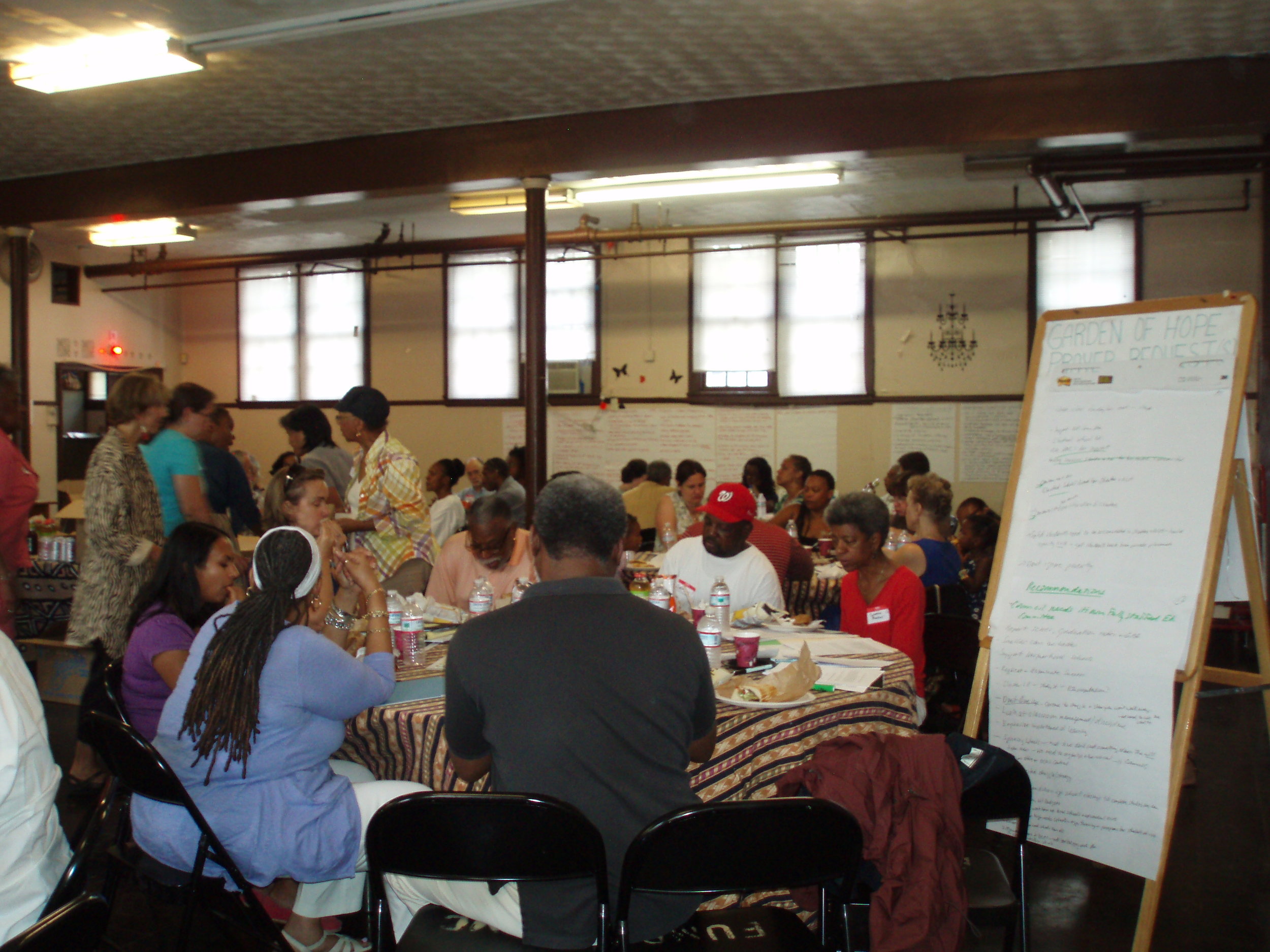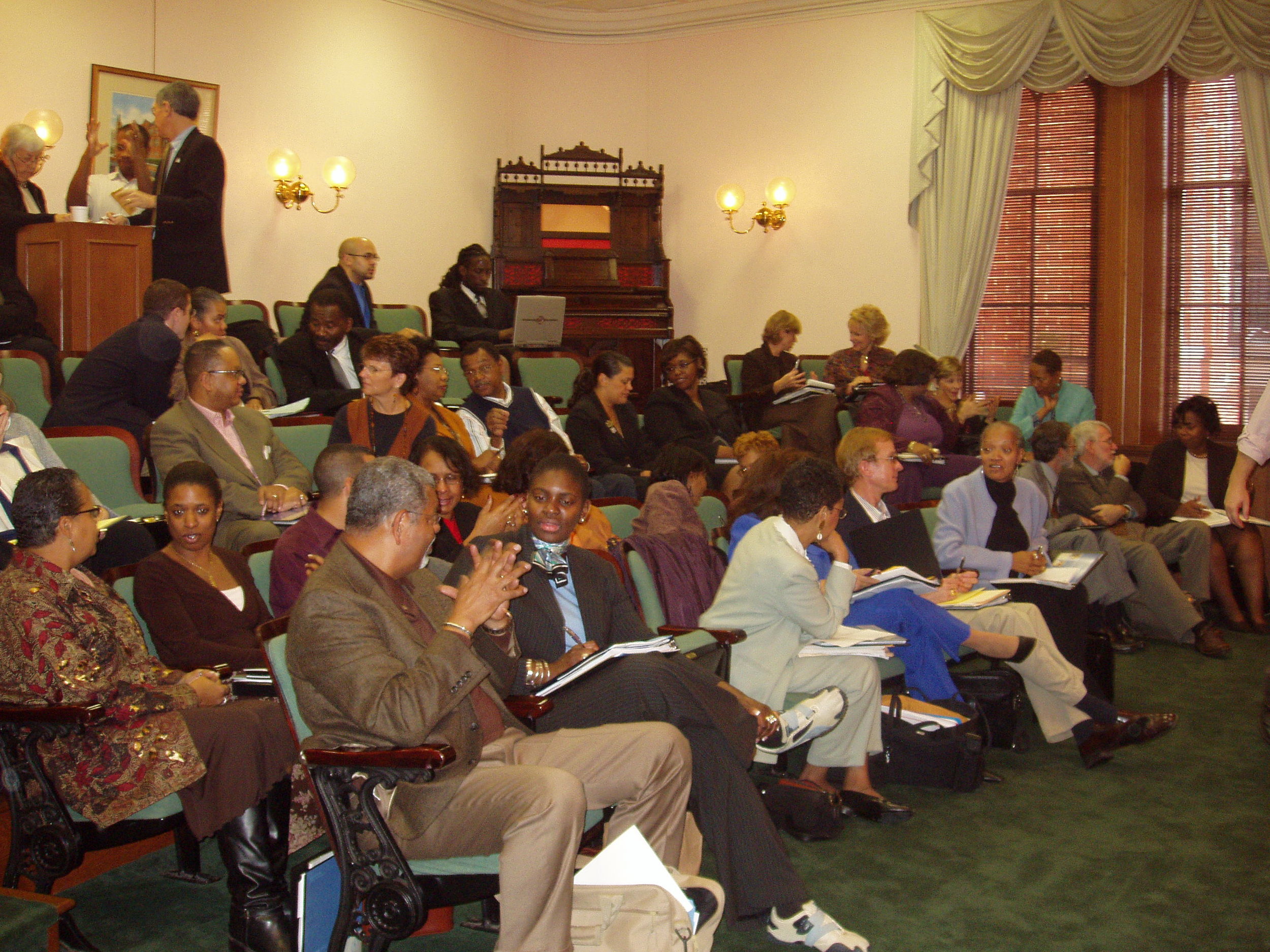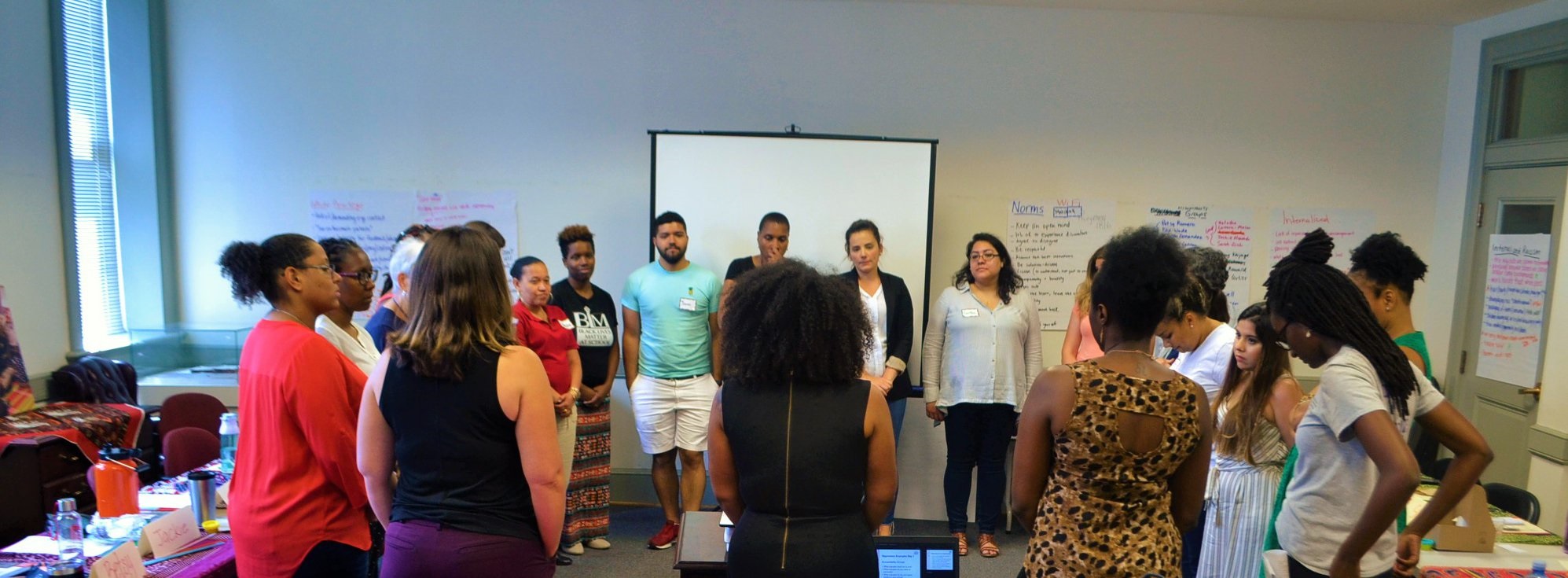BASIS Expansion-- Concerns for System - Cathy Reilly
/Comment to the Public Charter School Board on the request by DC BASIS to expand enrollment ceiling by adding 548 K-4 seats in SY 2025-2026. As BASIS DC’s current enrollment ceiling is 711 seats, the school wishes to increase it by 516 students to a total enrollment ceiling of 1227.
I appreciate the opportunity to provide feedback and the full availability of the application as well as the work done by the PCSB on the Sector Planning Supplement. It is all public money and the involvement of a larger public is essential
The PCSB is responsible for the allocation and oversight of approximately 1.4billion dollars annually in local public money appropriated for public charter schools by the DC Council.[1] This is a responsibility to all residents of DC and entails a look at the education needs across a wider landscape than the desires of one school………..
It was of note to me to see the numbers projected for each grade. BASIS is anticipating that the class of 135 5th graders matriculates to a class of 61 9th graders in 2028-29.[7] It is a small high school of 233 students. The graduation rate from 9th grade would be projected to be 72% unless the young people who have left can be identified and shown to have graduated from somewhere else.
Thus, there is no indication that families stay at BASIS through 12th grade, despite the high performing argument. The middle grades have higher enrollment, their theory seems to be that going to lower grades is a better business model. Approving a school cannot be about their need to be profitable. BASIS states in the application that “the data does not speak to the desire of families to select seats at one school vs another.”[8] This is the argument with less population growth: entice families to leave their current school even a high- quality school. Instability and heightened mobility are not in the best interest of families though. The 2024 Sector Planning report concludes approved seats already exceed high estimates for anticipated growth, and most existing high-quality schools do not have a favorable waitlist-to-seat ratio.[9] The need is not there.
Read More